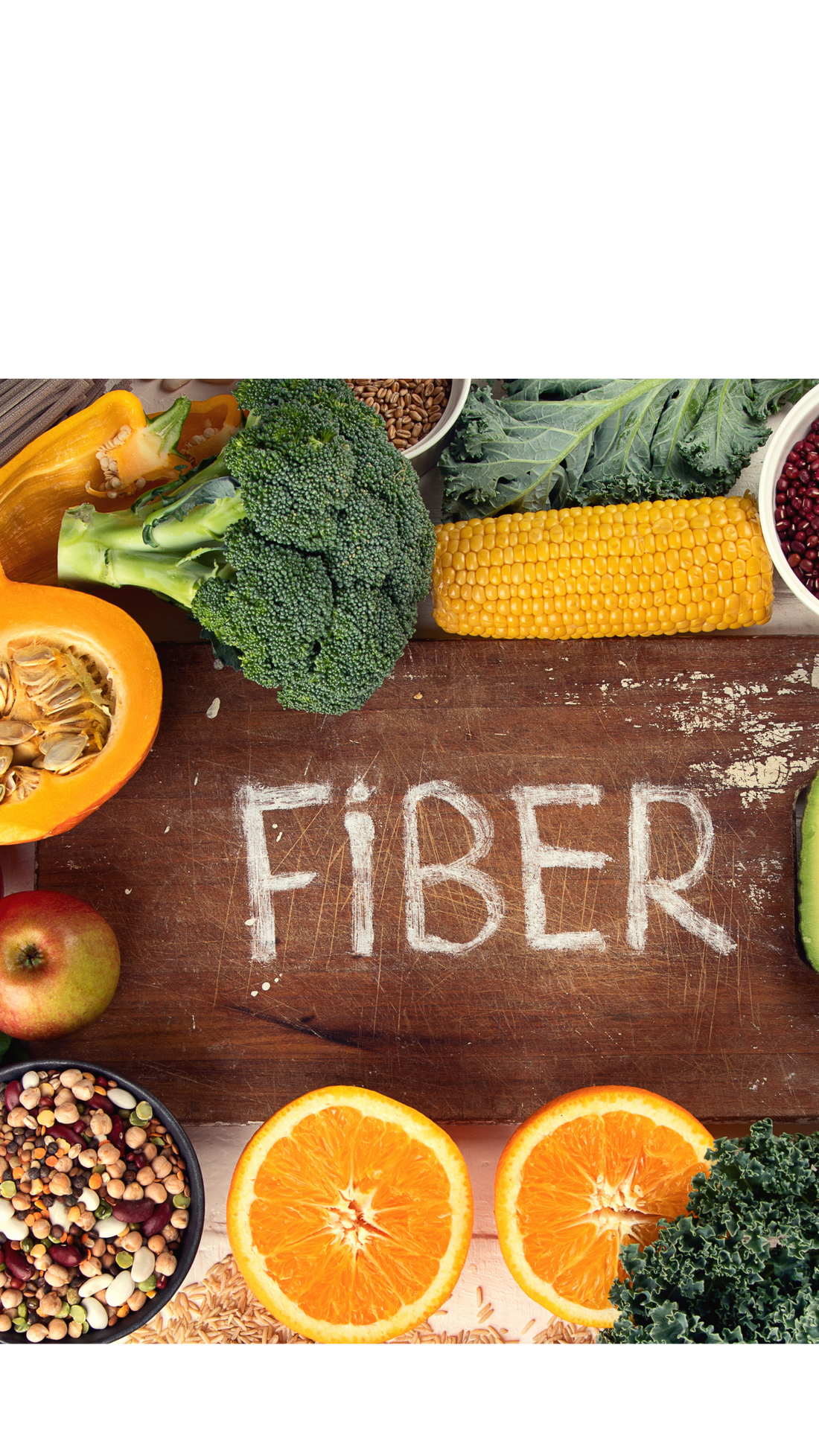Introduction
Fiber, often referred to as the unsung hero of the nutrition world, plays a vital role in maintaining overall health and well-being. Despite its importance, it's a nutrient that often goes unnoticed in our daily diet discussions. In this blog, we will explore the world of fiber, its types, benefits, sources, and how you can incorporate it into your daily routine to enjoy a healthier lifestyle.
Understanding Fiber
Fiber, also known as dietary fiber or roughage, is a type of carbohydrate found in plant-based foods. Unlike other carbohydrates, such as sugars and starches, fiber cannot be digested by the human body's enzymes. Instead, it passes through the digestive system largely intact, providing various health benefits along the way.
The Health Benefits of Fiber
- Improved Digestive Health:
- Insoluble fiber adds bulk to stool and promotes regular bowel movements, preventing constipation.
- Soluble fiber helps maintain a healthy gut by promoting the growth of beneficial gut bacteria.
- Weight Management:
- Fiber-rich foods are often lower in calories and can help you feel full and satisfied, reducing overall calorie intake.
- High-fiber diets are associated with lower body weight and reduced risk of obesity.
- Blood Sugar Control:
- Soluble fiber slows the absorption of sugar, helping to stabilize blood sugar levels.
- It can be particularly beneficial for individuals with diabetes or those at risk of developing the condition.
- Heart Health:
- Fiber helps lower cholesterol levels by binding to cholesterol particles in the digestive tract and eliminating them.
- A diet high in fiber is linked to a reduced risk of heart disease and stroke.
- Colon Health:
- Regular consumption of fiber is associated with a decreased risk of colorectal cancer.
- It helps maintain a healthy colon by promoting regular bowel movements and reducing inflammation.
Sources of Fiber
To enjoy the numerous benefits of fiber, it's essential to incorporate a variety of fiber-rich foods into your daily diet. Here are some excellent sources of fiber:
- Whole Grains:
- Whole wheat, brown rice, quinoa, and oats are rich in fiber and make for healthy carbohydrate choices.
- Fruits:
- Apples, pears, berries, oranges, and bananas are great sources of fiber and vitamins.
- Vegetables:
- Broccoli, carrots, spinach, and Brussels sprouts are just a few examples of fiber-packed veggies.
- Legumes:
- Beans, lentils, chickpeas, and peas are high in both soluble and insoluble fiber.
- Nuts and Seeds:
- Almonds, chia seeds, and flaxseeds are nutrient-dense sources of fiber.
Incorporating Fiber into Your Diet
To increase your fiber intake, consider the following tips:
- Start your day with a high-fiber breakfast cereal or oatmeal.
- Snack on fruits, vegetables, or nuts.
- Choose whole-grain bread, pasta, and rice over refined options.
- Add beans or legumes to soups, stews, and salads.
- Gradually increase your fiber intake to allow your digestive system to adapt.
Final Thoughts
Fiber is an unsung hero that deserves more recognition in our daily diets. Its role in promoting digestive health, aiding in weight management, controlling blood sugar, and improving heart health cannot be overstated. By incorporating fiber-rich foods into your daily routine, you can enjoy a healthier lifestyle and reduce your risk of various chronic diseases. So, the next time you plan your meals, don't forget to include fiber as an essential nutrient for your well-being.

